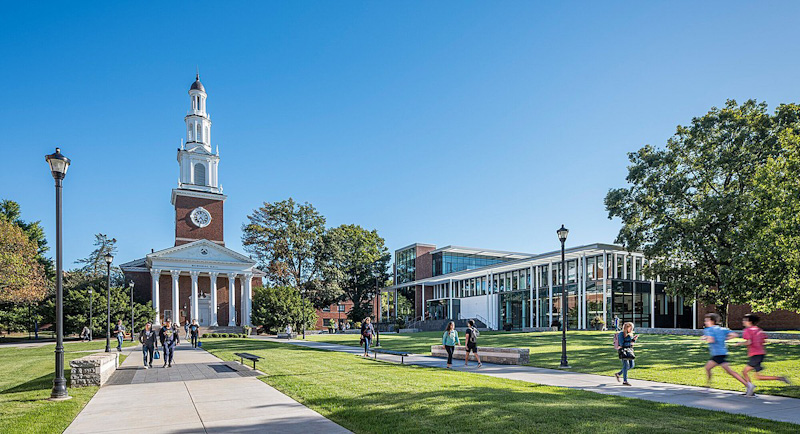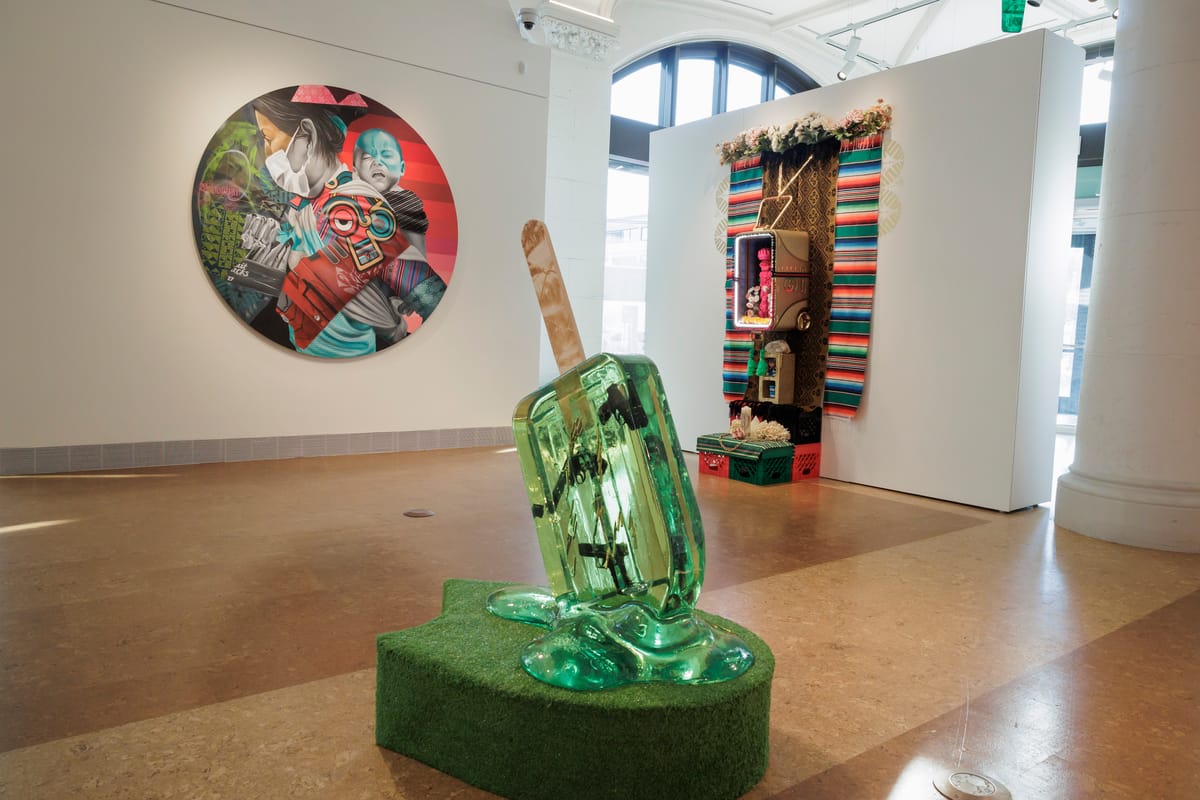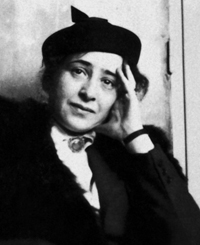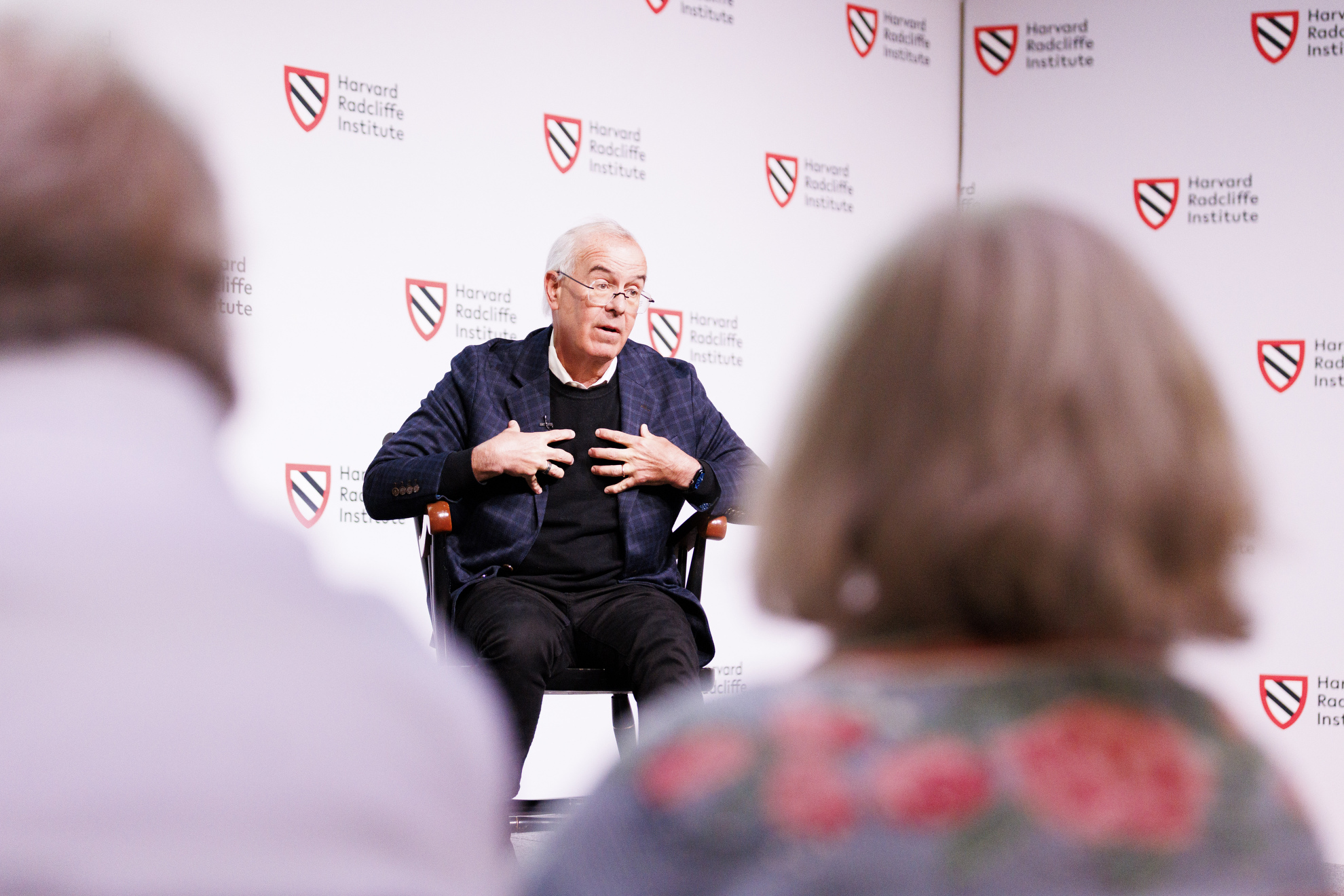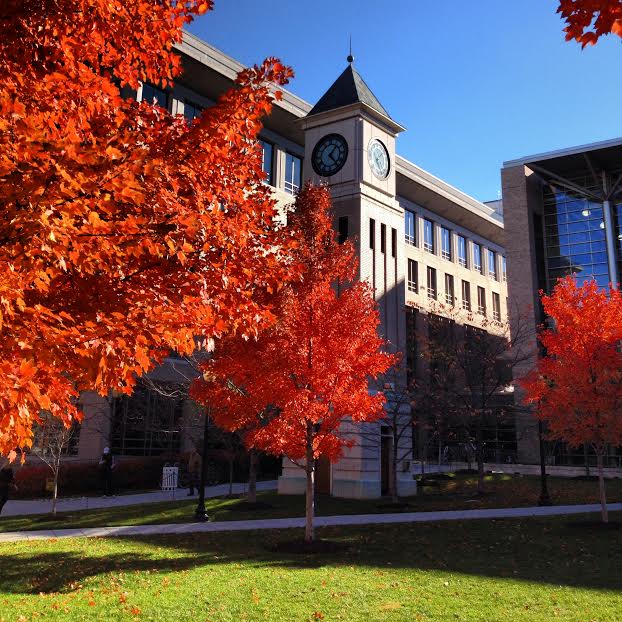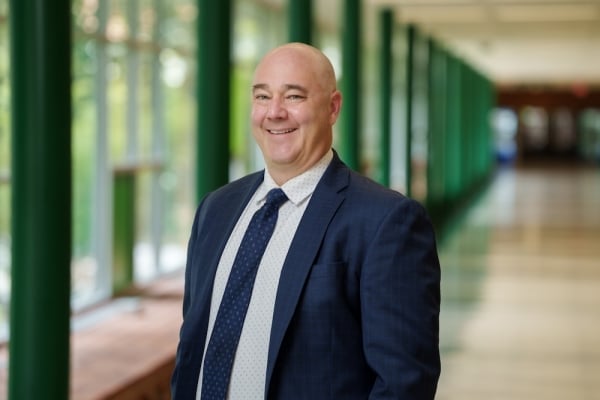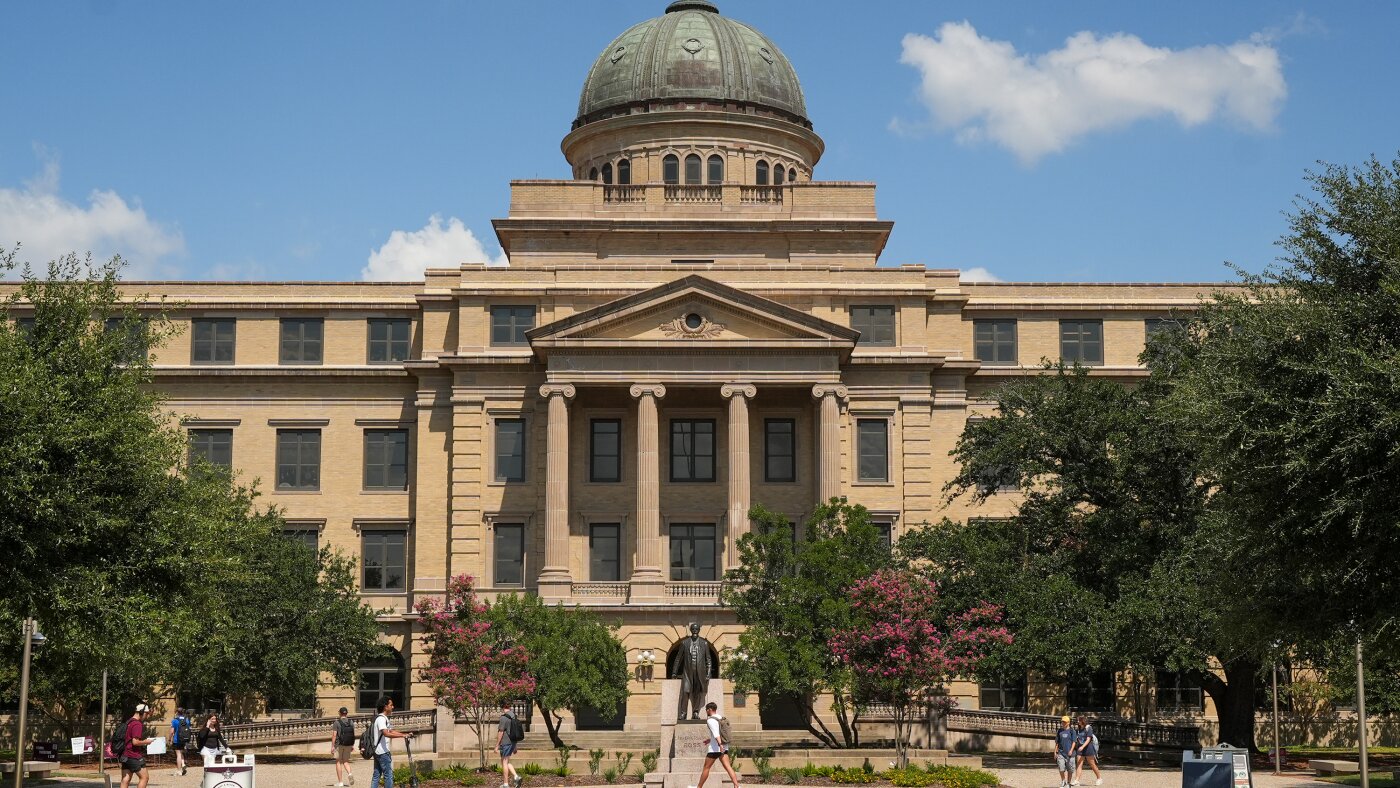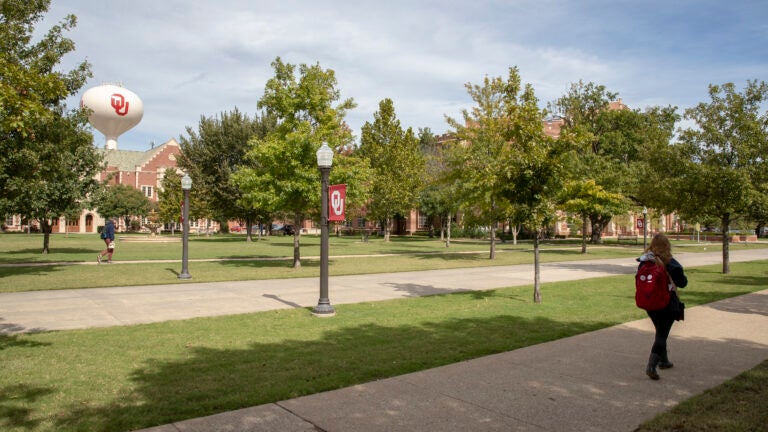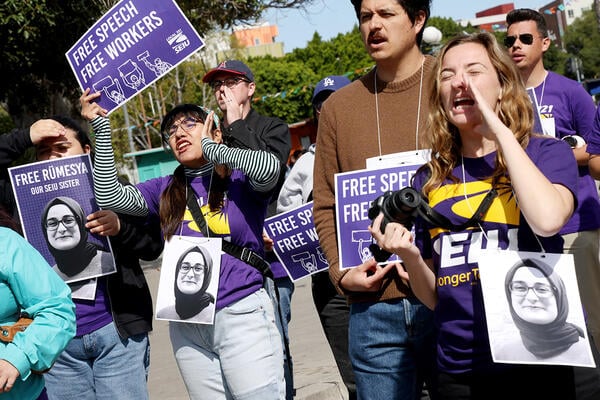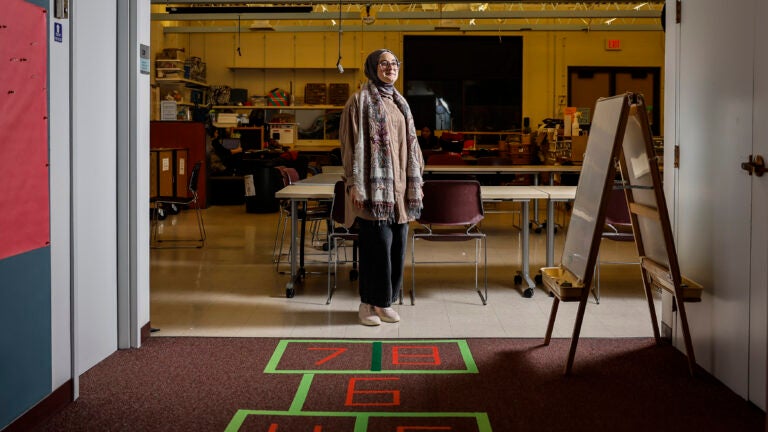#academic-freedom
#academic-freedom
[ follow ]
#higher-education #higher-education-policy #censorship #free-speech #university-governance #first-amendment
fromThe Nation
1 day agoWhat Will Be Left After the University of Texas Destroys Itself?
In 2023, Texas Governor Greg Abbott signed Senate Bill 17 into law, banning diversity, equity, and inclusion initiatives at public institutions across the state. In the years since, the University of Texas at Austin has been steadily remaking itself in the image demanded by conservative legislators across town.
US politics
#free-speech
Left-wing politics
fromwww.theguardian.com
2 days agoWorried about freedom of speech? Then what's happening at the Open University should terrify you | Owen Jones
Pro-Israel lobby groups are conducting aggressive legal campaigns to police speech about Palestine in Western academic institutions, restricting scholarly freedom and historical terminology.
US politics
fromwww.theguardian.com
5 days agoThe Guardian view on Trump's war on science: Europe should pick up talent fleeing the US | Editorial
Trump's cuts to federal research and EPA staff are driving US scientists to consider leaving, creating opportunities for UK and EU to attract talent through academic freedom guarantees and dedicated funding.
fromInside Higher Ed | Higher Education News, Events and Jobs
5 days agoThe View from This Year's Annual ACE Meeting
It's been a hard year for higher education. He argued that the sector has been insulted, demeaned and assaulted, which has "disrupted our work" and "threatened our ability to do what we do for students, for communities and for America."
Higher education
fromInside Higher Ed | Higher Education News, Events and Jobs
6 days agoUNC Board OKs Definition of What Academic Freedom Is-and Isn't
Academic freedom includes the right to teach and research "controversial or unpopular ideas related to the discipline or subject matter," but also says "academic freedom is not absolute." The move came despite opposition from the American Association of University Professors, which wrote the seminal 1940 definition of the concept.
Higher education
fromInside Higher Ed | Higher Education News, Events and Jobs
6 days agoWhat Oklahoma's Tenure Ban Got Wrong
While faculty at the state's public research universities-Oklahoma State University and the University of Oklahoma-will keep their tenure, new teaching staff at the 23 affected colleges will shift to renewable contracts tied to "teaching effectiveness, student completion, job placement, and economic alignment."
Higher education
Higher education
fromInside Higher Ed | Higher Education News, Events and Jobs
1 week agoFlorida Hands Down Sociology Curriculum to State Colleges
Florida requires all 28 public colleges to use a state curriculum framework for introductory sociology that forbids teaching identity politics and theories of systemic oppression.
fromwww.theguardian.com
1 week agoAmid Trump crackdown on Chinese students, one US university appears to block them altogether
In a letter addressed to Purdue leadership, which was publicized Friday and shared exclusively with the Guardian, dozens of signatories argue that the university soft banning students based on their nationality erodes higher education's core values of meritocracy, equality and academic freedom. They called on Purdue to clarify any instructions it has given graduate admissions committees and to restore offers to scores of international students they say the university rescinded last year.
US politics
Higher education
fromInside Higher Ed | Higher Education News, Events and Jobs
1 week agoUNC Student Group Illuminates Administration's Decisions
Student-run TransparUNCy exposes secretive university policies, mobilizes undergraduates, and serves as an effective watchdog against administrative actions like recording faculty and closing centers.
fromAbove the Law
2 weeks agoTexas Takes A Flamethrower To Higher Ed (And Calls It 'Reform') - Above the Law
Over the past several years, Texas has moved from griping about "woke campuses" to fundamentally restructuring the governance, curriculum, and tenure protections of its public universities. The cumulative effect is not reform. It's consolidation of power. And the target is the traditional independence of higher education. TL:DR - send your kids to Texas public universities, and it's like having the Texas legislature teach your kids.
Higher education
fromInside Higher Ed | Higher Education News, Events and Jobs
2 weeks agoDon't Record What You Don't Want to Have to Watch
I assume that it's intended to provide ammunition to go after disfavored faculty and/or to instill such a chill on campus that nobody would dare to say anything provocative in the first place. Whether those motivations are locally held or are meant to keep the university below the radar of certain culture warriors, I don't know. The effects are the same either way, and they're devastating to the mission of a university.
Higher education
fromInside Higher Ed | Higher Education News, Events and Jobs
3 weeks agoHow Elite Colleges Aided Censorship During the Red Scares
When I saw the Association of American Universities' rejection of the White House's "Compact for Academic Excellence in Higher Education," I knew that the institutions invited to join the agreement were likely to reject it, too. At a time when organizational communication seems to be the province of PR firms, it is still true that a missive from a group representing some of our country's most prestigious research institutions carries substantial weight in U.S. higher education.
Higher education
fromInside Higher Ed | Higher Education News, Events and Jobs
3 weeks agoHouston Faculty Must Pledge Not to "Indoctrinate" Students
In a November email to faculty, Houston president Renu Khator wrote that the university's responsibility is to "give [students] the ability to form their own opinions, not to force a particular one on them. Our guiding principle is to teach them, not to indoctrinate them." The recent memo, sent by college dean Daniel O'Connor, asks faculty to "document compliance" with Khator's note.
Higher education
Higher education
fromCornell Chronicle
4 weeks agoTask force recommends restraint in use of institutional voice | Cornell Chronicle
Cornell will reserve official university statements for issues directly tied to its mission, values, functions, or the broader mission of higher education, exercising institutional restraint.
fromInside Higher Ed | Higher Education News, Events and Jobs
4 weeks agoOf Course Faculty Will Take Political Positions in the Classroom
We argue that "faculty members could hold strong viewpoints and yet act in accordance with the highest professional standards." We state emphatically that "it is not possible to make faculty experts refrain from articulating any political viewpoint" while adding that "it is possible to require that they limit the viewpoints expressed in classes to those that are academically justifiable and germane, and to create a space in class where other defensible positions can be expressed."
Higher education
Higher education
fromInside Higher Ed | Higher Education News, Events and Jobs
1 month agoBook Review: Campus Speech and Academic Freedom
Academic freedom must protect professors' teaching, research, extramural speech, and personal classroom advocacy; narrow administrative definitions enable censorship and unjust punishment.
Higher education
fromFortune
1 month agoConservative cancel culture clashes with college and social media at Texas A&M to bring curtain down on women's and gender studies | Fortune
Texas A&M ended its women's and gender studies program and limited faculty discussions on race and gender, altering hundreds of syllabuses and canceling several courses.
Higher education
fromInside Higher Ed | Higher Education News, Events and Jobs
1 month agoFaculty Warn Against State Bans on H-1B Visas
State and federal actions—including a $100,000 H-1B fee and state visa freezes—threaten tens of thousands of university hires and could undermine research and academic freedom.
fromInside Higher Ed | Higher Education News, Events and Jobs
1 month agoFlorida Introduces "Sanitized" Sociology Textbook
They say the state's process for developing the textbook and new course framework was opaque, rushed and designed to pressure universities into adopting censored learning materials without a legal directive to do so. Furthermore, the textbook-a heavily edited version of an open-source sociology textbook titled Introduction to Sociology 3e-now makes only cursory mentions of important sociological concepts regarding race, gender, sexuality and other topics that have drawn Republican ire.
Higher education
Higher education
fromInside Higher Ed | Higher Education News, Events and Jobs
1 month agoUNC Plans to Define What Academic Freedom Is-and Isn't
UNC Board of Governors reviews a new academic freedom definition balancing protections and limits, prompting AAUP opposition over vague language that could restrict teaching.
Higher education
fromInside Higher Ed | Higher Education News, Events and Jobs
1 month agoEnhanced Monitoring "Politicizing" College Donations From Qatar
Qatar is the largest disclosed foreign donor to U.S. colleges, largely due to funding for Gulf branch campuses, prompting scrutiny over transparency and influence.
fromTruthout
1 month agoAHA's Leaders Vetoed Its Members' Condemnation of Scholasticide in Gaza - Again
When members of the American Historical Association (AHA) gathered in Chicago for their annual conference from January 8-11, 2026, many hoped the professional society would condemn the undermining of education and historical research in the United States and abroad. While the majority of members who attended the conference's business meeting on January 10 voted in favor of two resolutions denouncing the destruction of education infrastructure in Gaza and attacks on core principles of education in the United States, respectively, the wins were short-lived.
World news
fromInside Higher Ed | Higher Education News, Events and Jobs
1 month agoReport: State Lawmakers Enacted 21 Censorship Bills in 2025
Last year was a record-setting one for education censorship; more than half of U.S college and university students now study in a state with at least one law or policy restricting what can be taught or how college campuses can operate, according to a new report from PEN America, a nonprofit that advocates for campus free speech and press freedom.
US politics
Higher education
fromInside Higher Ed | Higher Education News, Events and Jobs
1 month agoFor Now, Judge Won't Restore Prof Calling for War on Israel
A judge paused a case, leaving a University of Kentucky professor removed from teaching during an investigation into his calls for military action against Israel.
fromThe Nation
1 month agoHarvard's Ouster of Mary Bassett Is a Revolting Act of Cowardice
From her student years at Radcliffe College where she volunteered with the Black Panthers to provide sickle cell disease screening in Boston's Roxbury neighborhood, to her work on HIV prevention when she was on the faculty of the University of Zimbabwe, to her pioneering role on AIDS care in Africa as the Rockefeller Foundation's point person on health equity, to her tenure as the commissioner of health for both New York City and New York State,
Public health
US politics
fromTruthout
2 months agoTrump's Attempts to Control Higher Education Follow a Familiar Fascist Playbook
The Trump administration is undermining higher education and academic independence, advancing policies that risk transforming universities into ideological instruments and fueling a neofascist trajectory.
fromInside Higher Ed | Higher Education News, Events and Jobs
2 months agoTexas A&M Won't Reinstate Instructor Fired for Gender Lesson
Texas A&M University will not reinstate Melissa McCoul, the instructor fired in September after a video showing a student confronting her over a gender identity lesson went viral, New York Times reported.
Higher education
fromwww.berkeleyside.org
2 months agoOpposition mounts to UC Berkeley's suspension of lecturer for talking about Gaza in classroom
The university told computer science lecturer Peyrin Kao earlier this month it was placing him on six months of unpaid leave, citing an optional post-class session in which he talked about the relationship between tech companies and the Israeli military ending with Free Palestine and a separate incident in which he said during class that he was on hunger strike for a cause he believed in.
Higher education
Higher education
fromwww.theguardian.com
2 months agoAcademic prepared to take legal action' after gender lecture disrupted at Bristol University
An academic alleges the University of Bristol failed to protect freedom of expression after protesters disrupted her lecture and is prepared to take legal action.
fromwww.theguardian.com
2 months agoThis student group agrees US universities are too elitist but aims to transform, not destroy them
Hettinger's mounting discomfort with US higher education led her last spring to Class Action, a two-year-old grassroots network of students and recent graduates promoting a critique of elite institutions' contributions to an increasingly divided American society. At times, the group's criticism echoes the one exploited by Trump in his campaign to reshape US higher education to fit his ideological agenda.
Higher education
Higher education
fromInside Higher Ed | Higher Education News, Events and Jobs
2 months agoFaculty Want Answers on Oklahoma's Suspension Policies
University of Oklahoma faculty demand transparency and stronger protections after graduate teaching assistant Mel Curth was placed on administrative leave over a Bible-citation grading dispute.
fromwww.theguardian.com
2 months agoA Harvard scholar's ouster exposes a crisis of institutional integrity | Eric Reinhart
Last Tuesday afternoon, Dean Andrea Baccarelli at the Harvard School of Public Health sent out a brief message announcing that one of the country's most experienced and accomplished public health leaders, Dr Mary T Bassett, would step down as director of the Francois-Xavier Bagnoud Center for Health and Human Rights. The email struck a polite, bureaucratic tone, thanking her for her service and offering an upbeat rationale for a new focus on children's health.
Public health
Higher education
fromwww.theguardian.com
2 months agoTenured US professor fired over pro-Palestinian protests contests dismissal
A tenured San Jose State professor was fired over pro-Palestinian activism, prompting legal challenge and renewed concerns about academic freedom and faculty extramural speech rights.
fromInside Higher Ed | Higher Education News, Events and Jobs
3 months agoOklahoma TA On Leave; Student Claims Religious Discrimination
"The article discussed peers using teasing as a way to enforce gender norms. I do not necessarily see this as a problem. God made male and female and made us differently from each other on purpose and for a purpose. God is very intentional with what He makes, and I believe trying to change that would only do more harm," Fulnecky wrote. "Overall, reading articles such as this one encourage [ sic] me to one day raise my children knowing that they have a Heavenly Father who loves them and cherishes them deeply and that having their identity firmly rooted in who He is will give them the satisfaction and acceptance that the world can never provide for them."
US news
Higher education
fromInside Higher Ed | Higher Education News, Events and Jobs
3 months agoReport: How to Prevent University Trustee Overreach
Politicized university governing boards have eroded academic freedom and reshaped institutions by political influence, but governance reforms can restore institutional autonomy and protect academic standards.
Higher education
fromInside Higher Ed | Higher Education News, Events and Jobs
3 months agoNorthwestern's Complicity With the Trump Regime
Northwestern University administrators paid $75 million to the Trump administration to access seized research funds, collaborating to impose controls that undermine academic freedom and governance.
Higher education
fromInside Higher Ed | Higher Education News, Events and Jobs
3 months agoAssociate Provost on Coordinated Attack on Academic Freedom
Conservative political forces and state actions have aggressively curtailed academic freedom, imposing gag orders and restrictions on teaching, research and speech at universities.
Higher education
fromInside Higher Ed | Higher Education News, Events and Jobs
3 months agoIndiana's Attack on Intellectual Diversity
Indiana University suspended a professor after a senator complained about a classroom chart linking "Make America Great Again" to covert white supremacy, invoking Act 202.
Higher education
fromThe Nation
3 months agoShe Gave a Lecture on White Supremacy. IU Removed Her From the Class.
Jessica Adams was removed from teaching an Indiana University course after a student complaint about a lecture graphic labeling Make America Great Again and Columbus Day as "covert white supremacy," prompting an investigation.
US politics
fromInside Higher Ed | Higher Education News, Events and Jobs
3 months agoMistaken Anti-DEI Guidance Stokes Research Fears Under Trump
Federal anti‑DEI executive orders and institutional compliance threaten academic journal autonomy and prompt preemptive cuts to university DEI programs and federal research funding.
[ Load more ]





